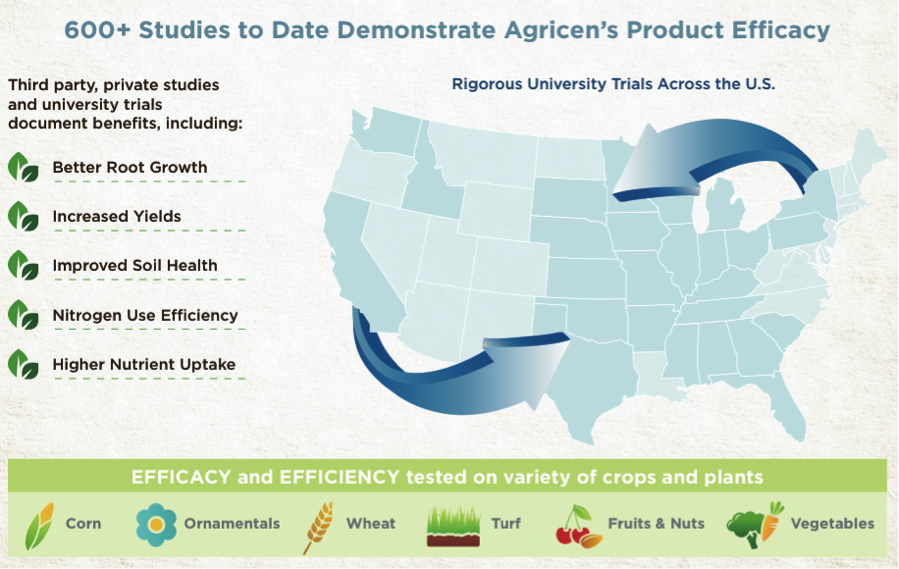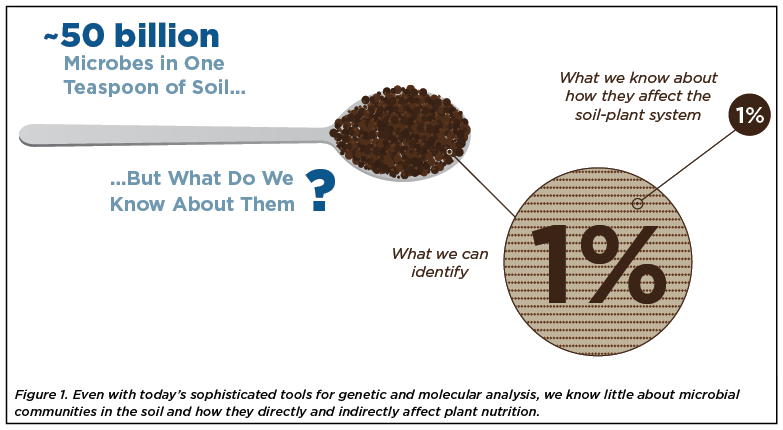 Jeff Frank, a fourth generation farmer from Auburn, Iowa, grows corn and soybeans on a 1,200-acre century farm that he and his wife operate. He is an avid drone enthusiast and dealer (hear him speak more about drones and farming in this video), sits on the board of directors of his local Farm Bureau, is currently a candidate for the Iowa Soybean Association board of directors, and recently converted his barn over to a new coffee roasting endeavor. You may also remember Jeff from last year’s farming film, Prove It to Me.
Jeff Frank, a fourth generation farmer from Auburn, Iowa, grows corn and soybeans on a 1,200-acre century farm that he and his wife operate. He is an avid drone enthusiast and dealer (hear him speak more about drones and farming in this video), sits on the board of directors of his local Farm Bureau, is currently a candidate for the Iowa Soybean Association board of directors, and recently converted his barn over to a new coffee roasting endeavor. You may also remember Jeff from last year’s farming film, Prove It to Me.
Like other growers across the country, Jeff is concerned about sustainability on his farm.
“When you think about what you’re putting on the field, you have to think about the future,” he says. “You try to do things to make the land better, so we leave it in better condition than when we got it.”
Enhancing Water Quality
Jeff is participating in the Elk Run Watershed Water Quality Initiative, a program promoting the implementation of in-field and edge-of-field practices that reduce nutrient loss to surface waters, all while maintaining the productive capability of cropland and providing farmers with a cost share benefit.
“Water quality is a big issue in our county,” says Jeff. “Because my ground water drains into Elk Run but is not in the watershed, I’ll be doing a cover crop project, and we’ll monitor my water to see what nitrates and phosphorus come out of the tile on the farm.”
There are several reasons why this type of project is appealing to Jeff. Not only is clean water a worthy goal for everyone—farmers included—but Jeff also hopes that finding effective, voluntary solutions can help prevent a level of regulation that might hurt farmers’ livelihoods.
“We all want clean water. Farmers are no different than anyone else,” says Jeff. “But if we can clean up the water voluntarily, that’s much better than being forced to. Certain regulations on nitrogen runoff could affect our yields and our profitability. One regulation doesn’t fit every operation.”
Understanding the Consumer Perspective
Another concern Jeff has is the misperceptions consumers have about farmers and farming. There’s a lot that consumers should know, and it’s something he feels farmers need to address.
“Farmers tend to be a tight-lipped bunch and we don’t like to brag, but we need to get out there and talk to consumers,” says Jeff. “We’re trying to produce as much as we can as cost-effectively as we can, and we’re also producing a safe product. I don’t think consumers understand that, and it's our responsibility to educate them.”
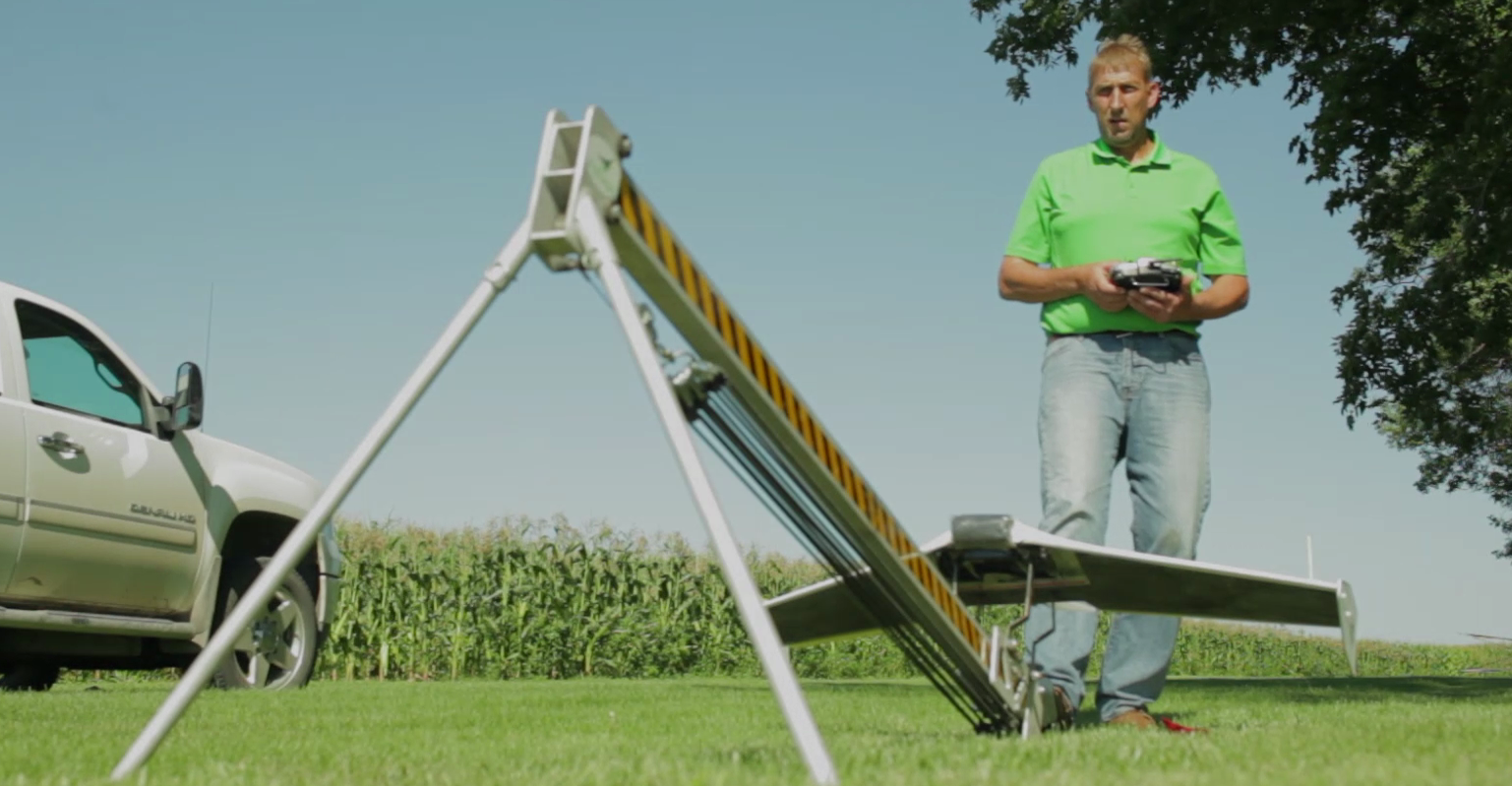
In the past year, Jeff converted his barn over to coffee roasting. Interestingly, his new endeavor has made him more understanding of the consumer perspective and the disconnect between consumers and farmers.
“The coffee roasting business my wife, son and I started this past year really opened my eyes,” says Jeff. “It was the first time I really understood why some people think meat comes from a grocery store. I thought the same thing about coffee! It’s simply not true. There’s a lot to coffee production. All of the things that make quality beans–the growing elevation, the volcanic soils, building trusting relationships with growers and their families–are really important.”
Reaching Out
For his part, Jeff reaches out to consumers through his local Farm Bureau, including talking about farming and farm technologies through the Bureau’s “Agriculture in the Classroom” program and volunteering at the Iowa State Fair booths sponsored by the Farm Bureau and Iowa Food and Family to help promote consumer education.
“Our profession has grown and changed immensely in the last 20 years. For the kids, technology is a big thing,” says Jeff. “They are amazed that a farmer would be using the technology that we’re using today – things like autosteer in the tractors, remote sensing and drones. Those things are really phenomenal to them, and are becoming the standard in the industry.”
Social media is another way he reaches out, and hopes that other farmers will, too.
“Social media is something a lot of farmers really aren’t accustomed to, but we need to use it,” says Jeff. “I tweet and my wife knows social media is a must in today’s retail world. We hope other farmers will be encouraged to be more comfortable with new ways of communication to help promote the diligence and integrity of today’s farmers.”
If you would like to see more of Jeff on his farm and hear more about his experiences, we invite you to watch the film "Prove it to Me".

 We are proud to announce that our farming film, Last Stand, and three related short videos took home Telly Awards this year. The Telly Awards honor excellence in video and television across all screens.
We are proud to announce that our farming film, Last Stand, and three related short videos took home Telly Awards this year. The Telly Awards honor excellence in video and television across all screens.





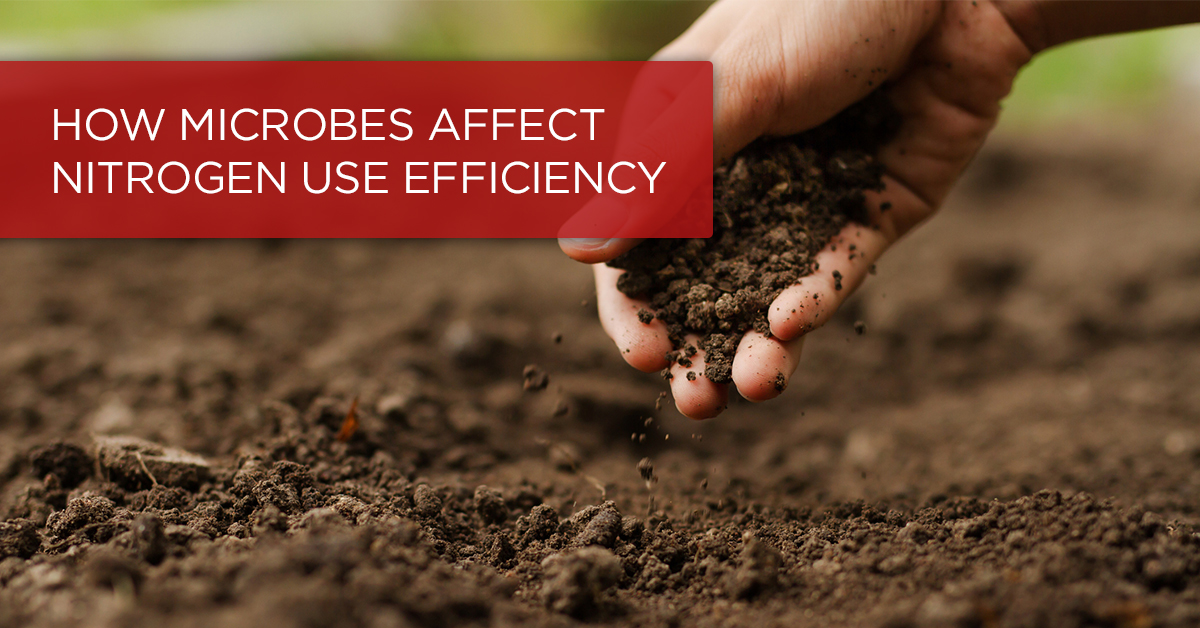
 Many growers apply the “4R” framework for nutrient management—using the right fertilizer source, at the right rate, at the right time and in the right place—to more closely match
Many growers apply the “4R” framework for nutrient management—using the right fertilizer source, at the right rate, at the right time and in the right place—to more closely match 



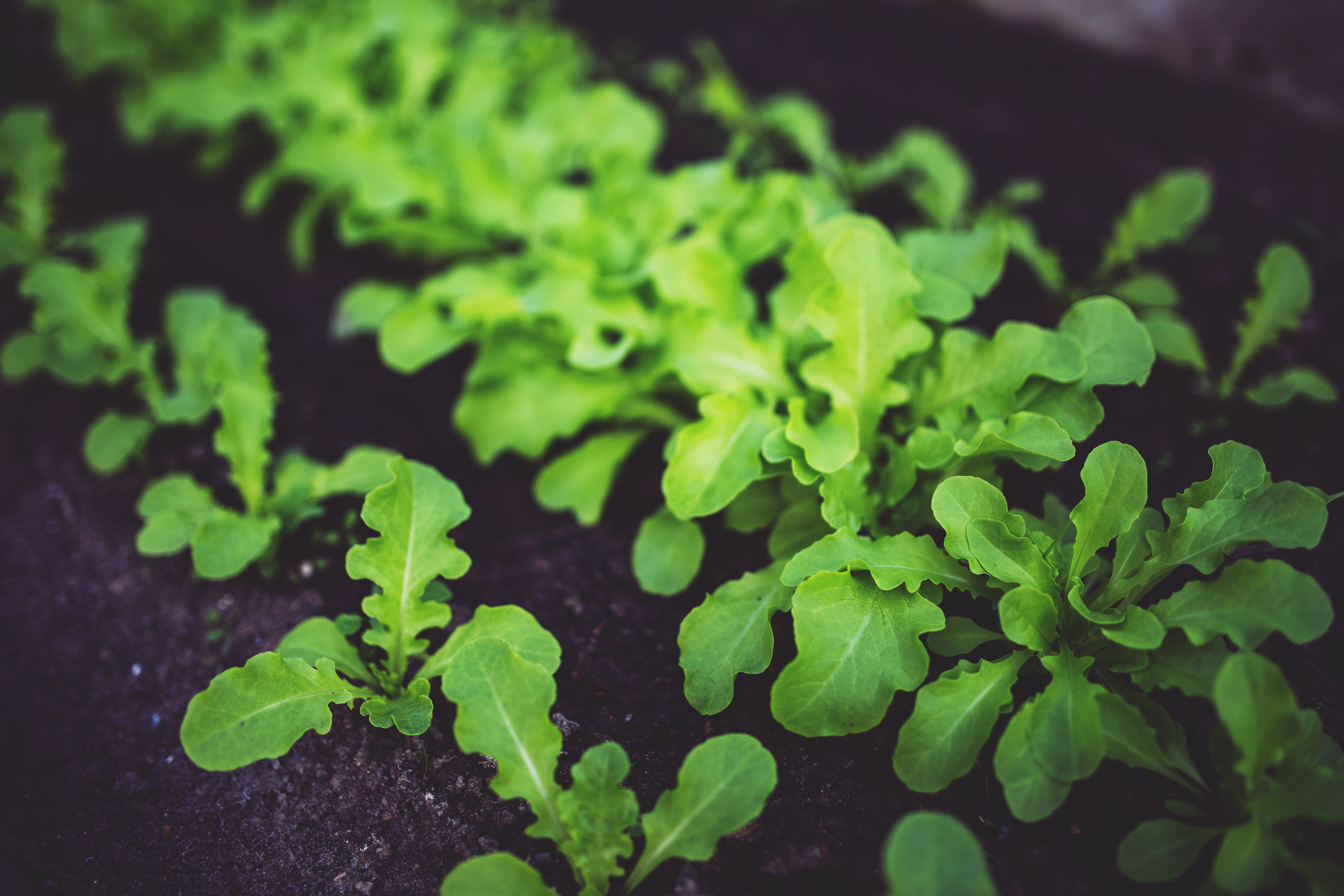

![[Video Roundup] How Farmers Improve Ag Productivity & Sustainability](https://www.agricen.com/hubfs/Agriculture%20Videos.png)

![[Video] Building Sustainable Agriculture Programs](https://www.agricen.com/hubfs/Sustainable_Video.png)


 Jeff Frank, a fourth generation farmer from Auburn, Iowa, grows corn and soybeans on a 1,200-acre century farm that he and his wife operate. He is an avid drone enthusiast and dealer (hear him speak more about drones and farming in
Jeff Frank, a fourth generation farmer from Auburn, Iowa, grows corn and soybeans on a 1,200-acre century farm that he and his wife operate. He is an avid drone enthusiast and dealer (hear him speak more about drones and farming in 
![Prove It to Me [Film]: Follow 5 Farmers Through the Growing Season](http://www.agricen.com/hubfs/ProveItSmall.png)


